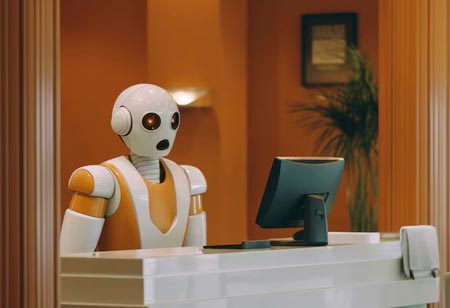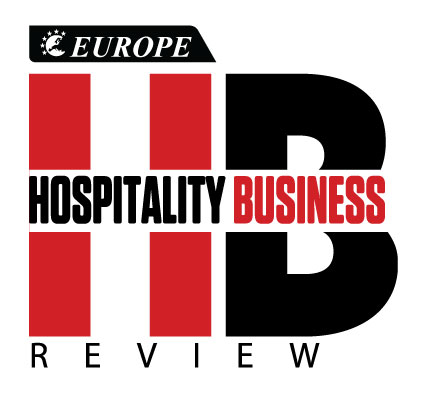Thank you for Subscribing to Hospitality Business Review Weekly Brief
- Home
- Topics
- Automatic Coffee Machines
- Catering and Dining Services
- Hospitality Advisory Services
- Hospitality Construction Services
- Hospitality Consulting Services
- Hospitality Marketing
- Hospitality Procurement
- Hospitality Staffing Services
- Insurance Services
- Travel and Tourism Management
- Vacation Rental Property Management
- Vendor Viewpoint
- News
- CXO Insights
- Conferences
- Newsletter
- Subscribe
- About Us
- CXO Awards
-
AI and the Evolution of Hotel Workforce Management
Hotels can ensure their workforce is agile and well-aligned with business demands.

By
Hospitality Business Review | Tuesday, November 25, 2025
Stay ahead of the industry with exclusive feature stories on the top companies, expert insights and the latest news delivered straight to your inbox. Subscribe today.
Fremont, CA: Artificial intelligence (AI) is changing the hospitality industry by helping hotels streamline operations, enhance guest experiences, and improve staffing efficiency. With labor shortages and fluctuating demand often posing challenges for hotel management, AI-powered solutions provide innovative ways to optimize workforce allocation, predict staffing needs, and reduce operational costs. As a result, hotels can achieve greater productivity, flexibility, and employee satisfaction while maintaining exceptional service quality. AI systems analyze historical data, including booking trends, seasonal patterns, and special events, to forecast staffing requirements accurately.
Automated scheduling saves managers time and improves employee satisfaction by offering flexibility and transparency in shift assignments. AI-powered chatbots can handle common guest inquiries, such as booking confirmations, room upgrades, or local recommendations, without human intervention. It reduces the workload on front-desk and concierge teams, enabling them to focus on providing personalized services. In addition, virtual assistants can assist back-office staff with administrative tasks like payroll processing, inventory tracking, or data entry, enhancing overall operational efficiency.
Another innovative use of AI in hotel staffing is employee recruitment and onboarding. AI-powered recruitment platforms can scan resumes, analyze candidate profiles, and identify the best matches for open positions based on skills, experience, and cultural fit. Once employees are onboarded, AI can deliver personalized training programs using virtual simulations or interactive modules, ensuring that staff are well-prepared for their roles. Advanced analytics can track key performance indicators (KPIs) such as guest satisfaction scores, task completion rates, or upselling metrics, providing managers with actionable insights.
The systems can identify areas where employees excel, and additional training may be needed, fostering a culture of continuous improvement. AI-powered tools are also helping hotels monitor and improve employee performance. Robotic process automation (RPA), an extension of AI, enables hotels to automate repetitive tasks that traditionally require manual effort. For instance, housekeeping schedules can be optimized using AI algorithms that assign tasks based on room occupancy, cleaning priorities, and staff availability. AI can streamline kitchen staffing by predicting meal demand and suggesting optimal shifts for chefs and kitchen staff.
The applications reduce inefficiencies and allow hotels to use their workforce best. AI empowers hotels to enhance employee engagement and well-being, improving retention rates. The insights help managers address concerns proactively and create a supportive work environment. AI can facilitate wellness programs by recommending personalized resources, such as stress management workshops or fitness routines, tailored to individual employees’ needs. AI offers transformative opportunities for hotels to optimize staffing, enhance operational efficiency, and improve employee satisfaction. Adopting AI-driven staffing strategies will be crucial in delivering exceptional guest experiences while maintaining a competitive edge.







